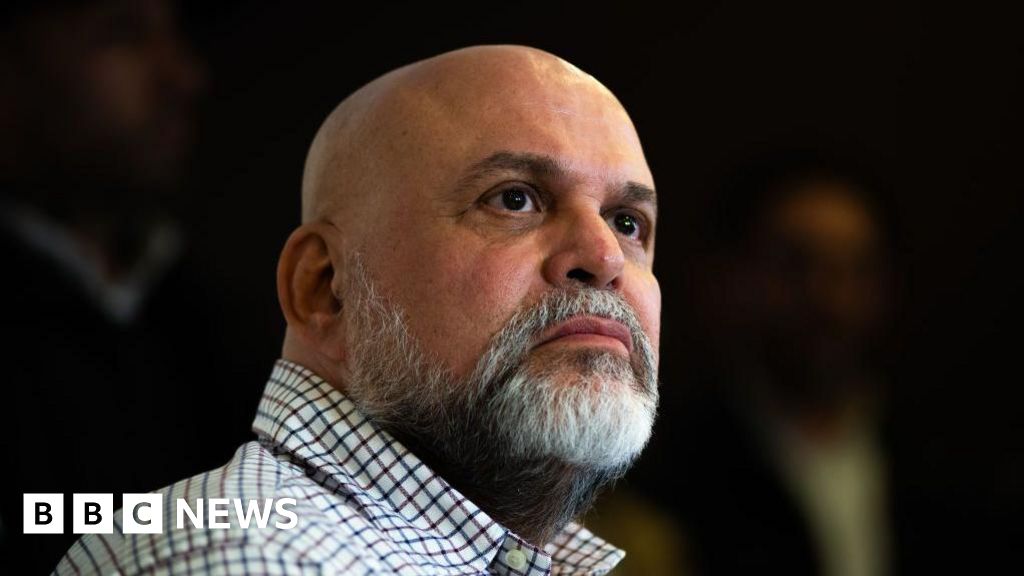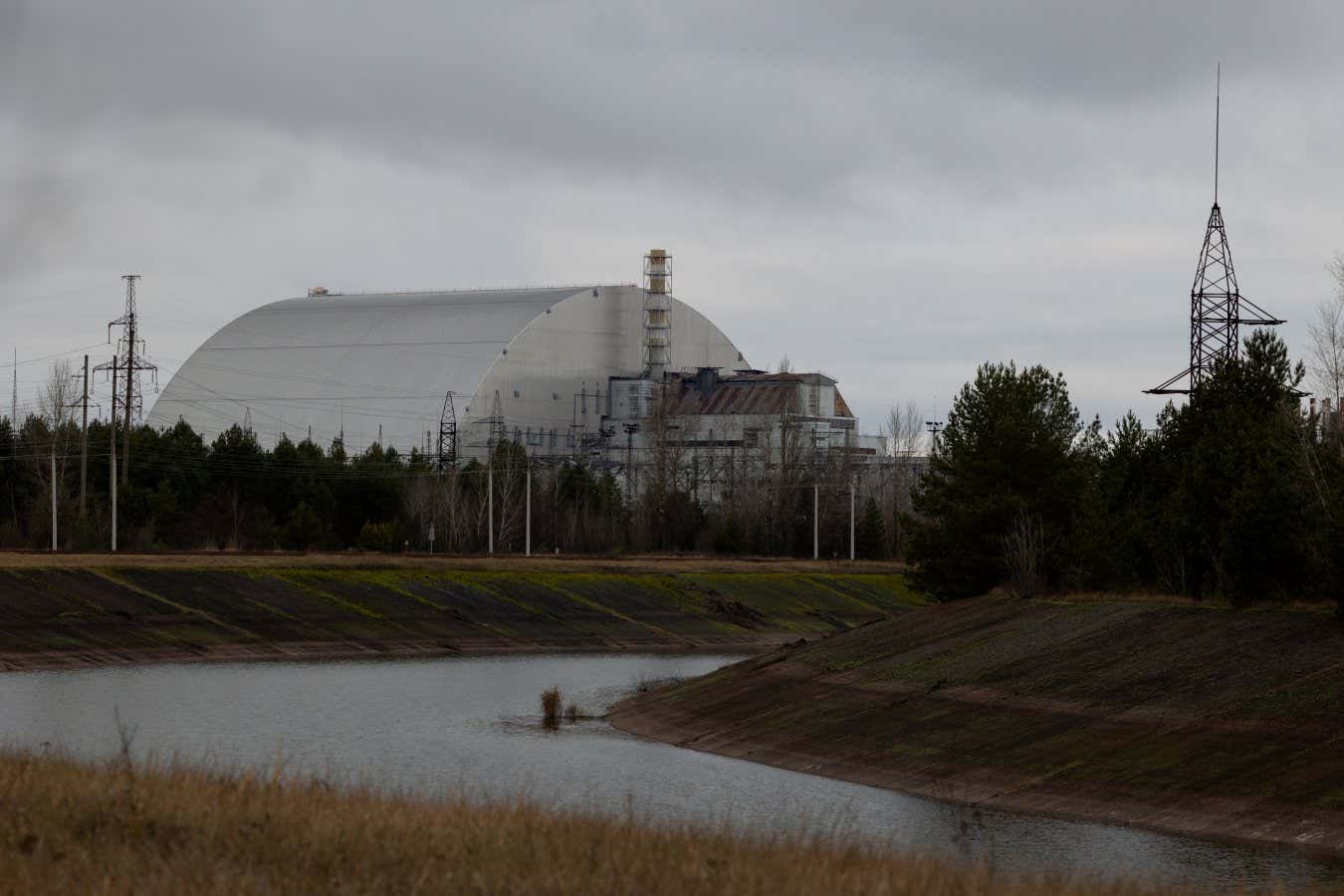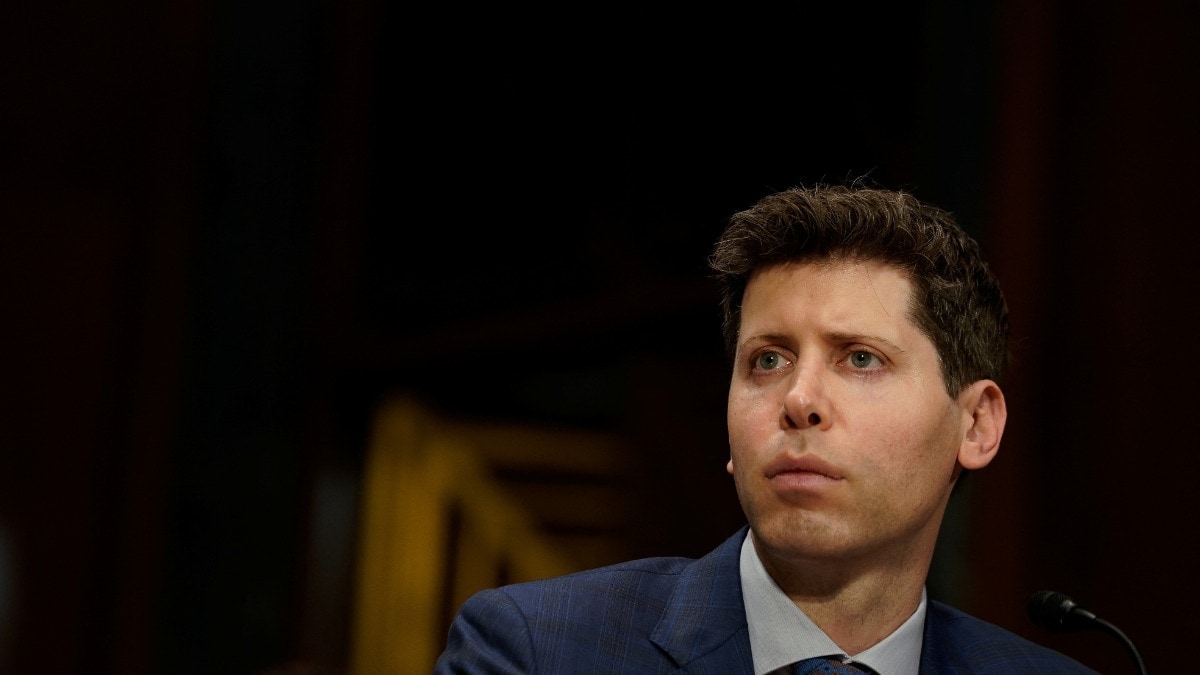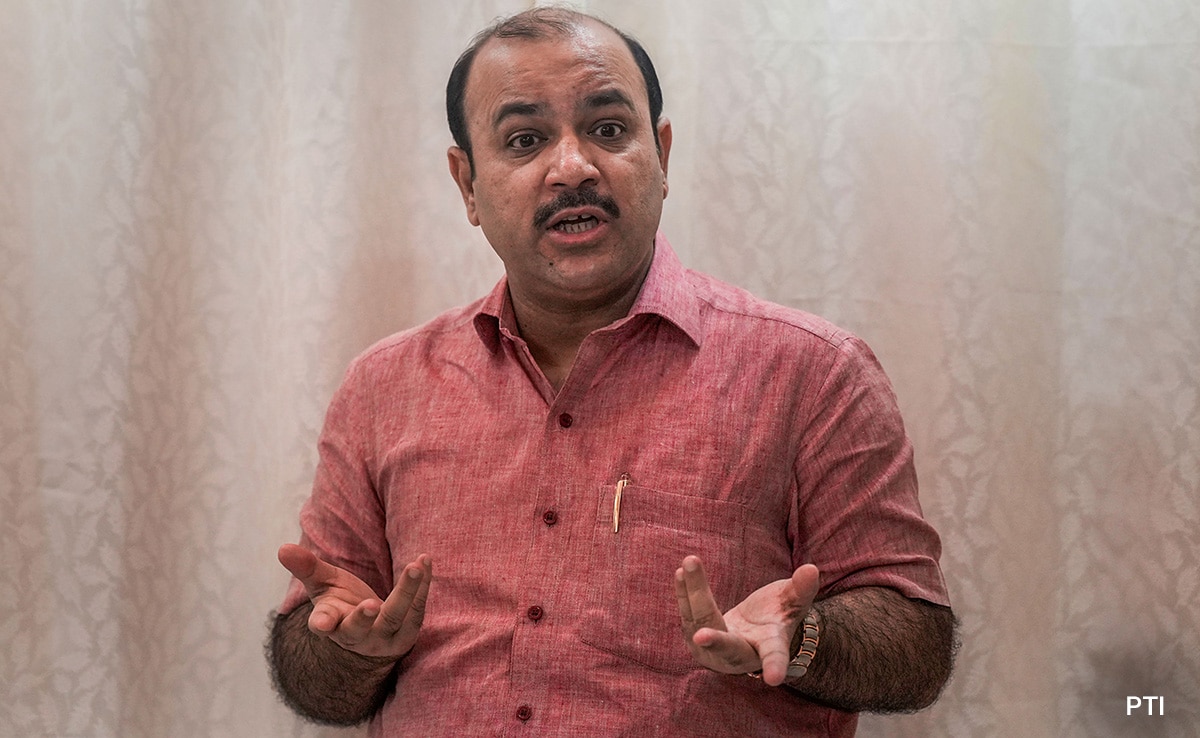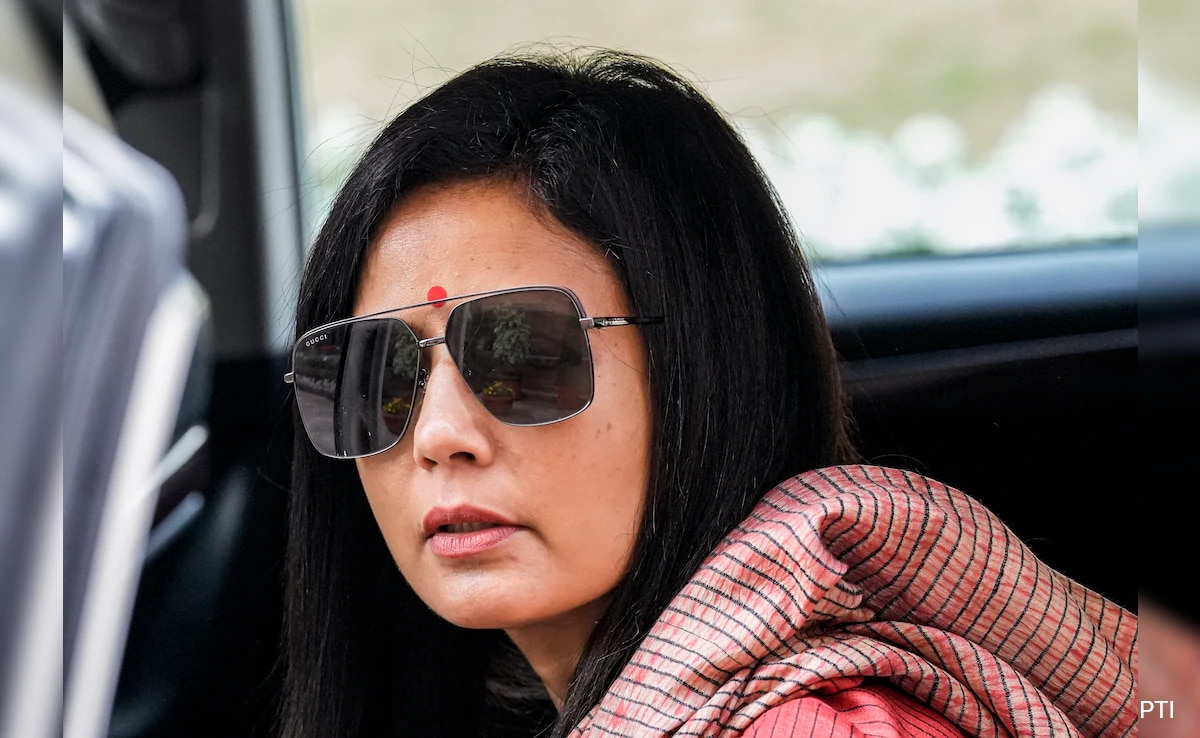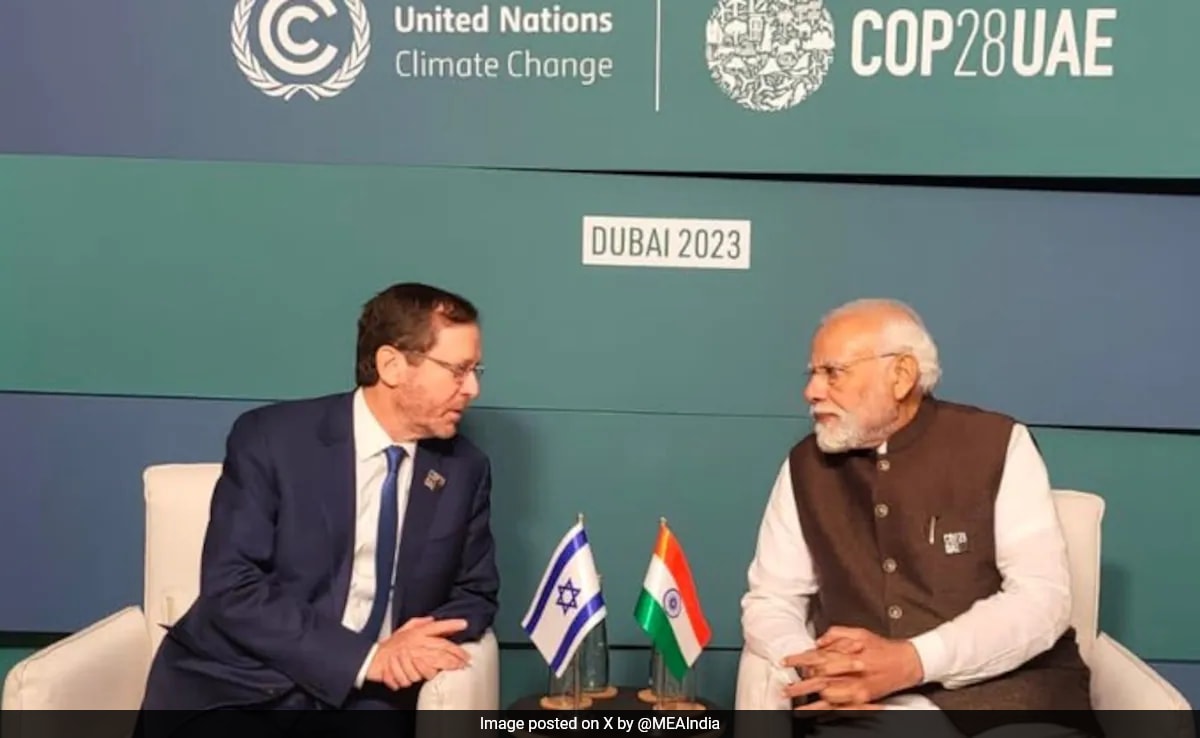Supreme Court to deliver Article 370 verdict: A look at key arguments by petitioners and Centre during hearings
The Supreme Court is poised to deliver its verdict on the constitutional validity of the abrogation of Article 370,
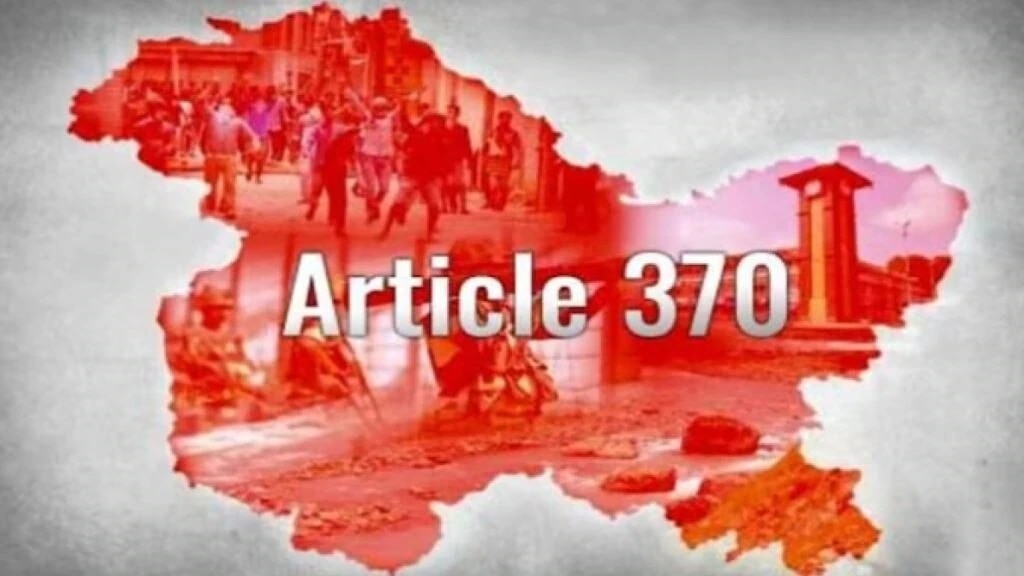
The Supreme Court is poised to deliver its verdict on the constitutional validity of the abrogation of Article 370, which had accorded special status to Jammu and Kashmir. The judgment is eagerly awaited as it will address whether the Presidential Order of August 5, 2019, was legally and constitutionally valid.
A five-judge Constitution Bench, comprising Chief Justice DY Chandrachud and Justices Sanjay Kishan Kaul, Sanjiv Khanna, BR Gavai, and Surya Kant, will deliver the verdict. This bench is tasked with deciding on a series of petitions that have challenged the Centre’s decision to revoke Article 370.
Following comprehensive hearings that spanned over 16 days, the Supreme Court reserved its verdict on September 5, 2023. The court has taken more than three months to deliberate and is now ready to announce its decision.
The pronouncement of the verdict is scheduled to begin at 10:30 am, marking a significant moment in India’s legal and political history.
ARGUMENTS BY PETITIONERS
- ‘Article 370 was a temporary provision that became permanent’: Petitioners argue that Article 370 became permanent after the dissolution of the Constituent Assembly in 1957, which was necessary for any changes to the article.
- ‘Centre played the role of the constituent assembly and abrogated Article 370’: It is contended that the Centre should not have assumed the role of the Constituent Assembly to repeal Article 370.
- ‘No concurrence from the state government’: The absence of the state government’s concurrence during the president’s rule is highlighted as a key issue.
- ‘Governor’s role’: Questions were raised about the governor’s authority to dissolve the legislative assembly without the Council of Ministers’ advice.
- ‘End does not justify the means’: The petitioners maintain that the means used to abrogate Article 370 were constitutionally impermissible.
ARGUMENTS BY CENTRE
- ‘No law violated, due process followed’: The Centre insists that all constitutional procedures were followed correctly.
- ‘No constitutional fraud’: The government refutes allegations of any “constitutional fraud” in the abrogation process.
- ‘(The) president has the power under the constitution’: The Centre argues that the president, in concurrence with the state government, has the power to amend the constitution regarding Jammu and Kashmir.
- ‘Article 370 could have had devastating effects’ The potential negative impact of retaining Article 370 is cited by the Centre.
- ‘Merger was necessary for complete integration’: The Centre emphasises the need for the merger for the complete integration of Jammu and Kashmir into India.
- ‘Article 370 was not permanent’: The temporary nature of Article 370 is stressed by the government.
QUESTIONS POSED BY THE FIVE-JUDGE CONSTITUTION BENCH
- Did Article 370 become a permanent provision in the Constitution?
- Does Parliament have the power to amend Article 370 if it becomes a permanent provision?
- Is there a restriction on Parliament to enact legislation on an item from the State List?
- How long can the Union Territory exist?
- Who can recommend the abrogation of Article 370 in the absence of a Constituent Assembly?
WHO APPEARED FOR THE PETITIONERS?
Kapil Sibal, Gopal Subramanium, Rajeev Dhawan, Dushyant Dave, Gopal Sankaranarayanan, and Zafar Shah were among those who represented the petitioners.
WHO APPEARED FOR THE CENTRE?
On the other hand, representing the Centre, were Attorney General R Venkataramani, Solicitor General Tushar Mehta, Harish Salve, Rakesh Dwivedi, and V Giri.


